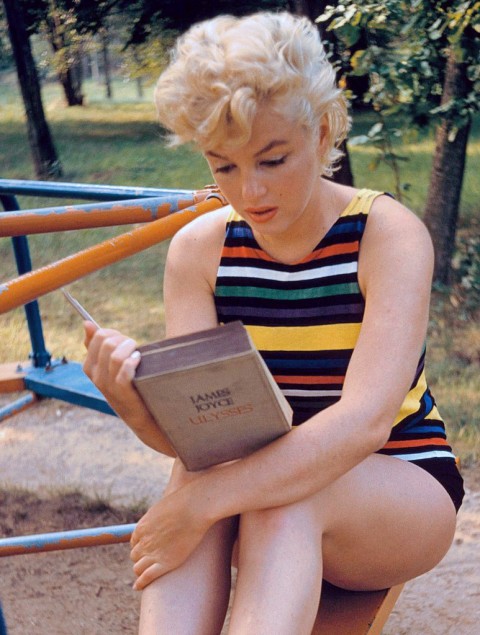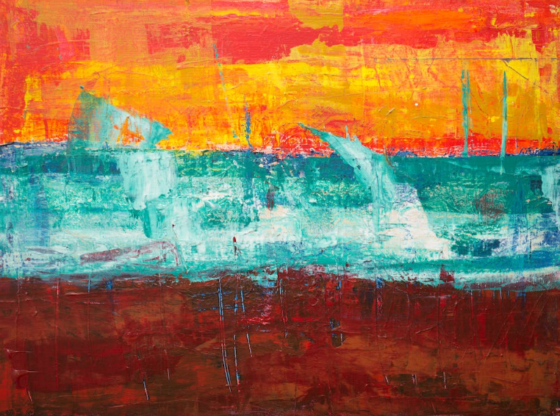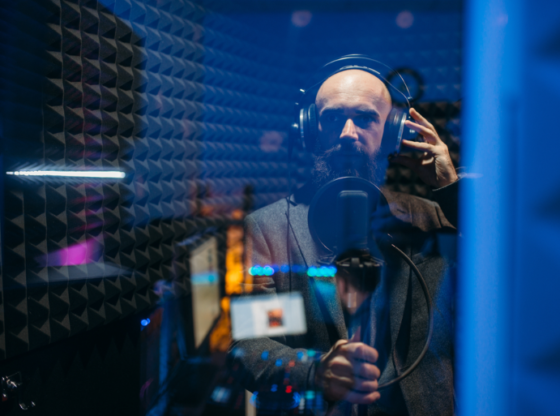It’s away from the screen and back to the bookshelf for this week’s post.
“Ulysses” was written by James Joyce in 1922. (Don’t confuse this with Homer’s “Odyssey” because of the name “Ulysses,” though Joyce wrote his book with countless parallels to the old work). It’s relatively newer than many other books considered to be classics, but this one is so unique that it fits in the canon. The book is divided into 18 chapters, or episodes, which chronicle the stories of Leopold Bloom and the events of a single day in Dublin, Ireland. Yes, that’s about 265,000 words written about one day. The thing about Joyce is, it’s not about the plot. It’s about the writing.
I had the opportunity to read “Ulysses” this past winter in a fiction class at DU. At first, I thought that it would be silly to spend the entire 10 weeks of the class discussing one book, but after reading the first episode, I immediately understood—there is so much to take in.
I’m not exaggerating when I say that Joyce tries to accomplish a little bit of everything in the novel. Aside from the parallels to Homer’s epic, Joyce used symbolism, metaphors, motifs, archetypes and countless other literary techniques. He practically invented “stream of consciousness” writing, and he wrote with a different structure in almost every episode: one as newspaper clippings, one mimicking music, one as a staged play, and so on. He rewrote the rules of grammar and punctuation just because. “Ulysses” is also an innovative work due to the amount of criticism that it faced when it was released—words that leave readers today rather unfazed were considered foul and even pornographic in the 1920s.

At the risk of writing an essay on “Ulysses” (again), I’ll stop there. It’s difficult to even summarize the depths that this book explores. I read it during an entire quarter at DU, and I still don’t think I even broke the surface on the “Ulysses” analysis. That said, what I did read, I enjoyed.
After some complaining, many late nights and some efficient skimming (which even my professor claimed she did sometimes), I finished the book. Whether or not I really love it is still up in the air, but all in all, I wholly appreciate it.
I encourage you to give Joyce’s novel a shot; perhaps you’ll love it and can travel to Dublin for Bloomsday (an all-out celebration of “Ulysses”) some year. Or maybeyou’ll hate it, but at least you can brag that you read it. As my professor always said, it’s a great topic of conversation to show off at a cocktail party.
Great Quote: Every life is many days, day after day. We walk through ourselves, meeting robbers, ghosts, giants, old men, young men, wives, widows, brothers-in-love. But always meeting ourselves.
- James Joyce, “Ulysses”











